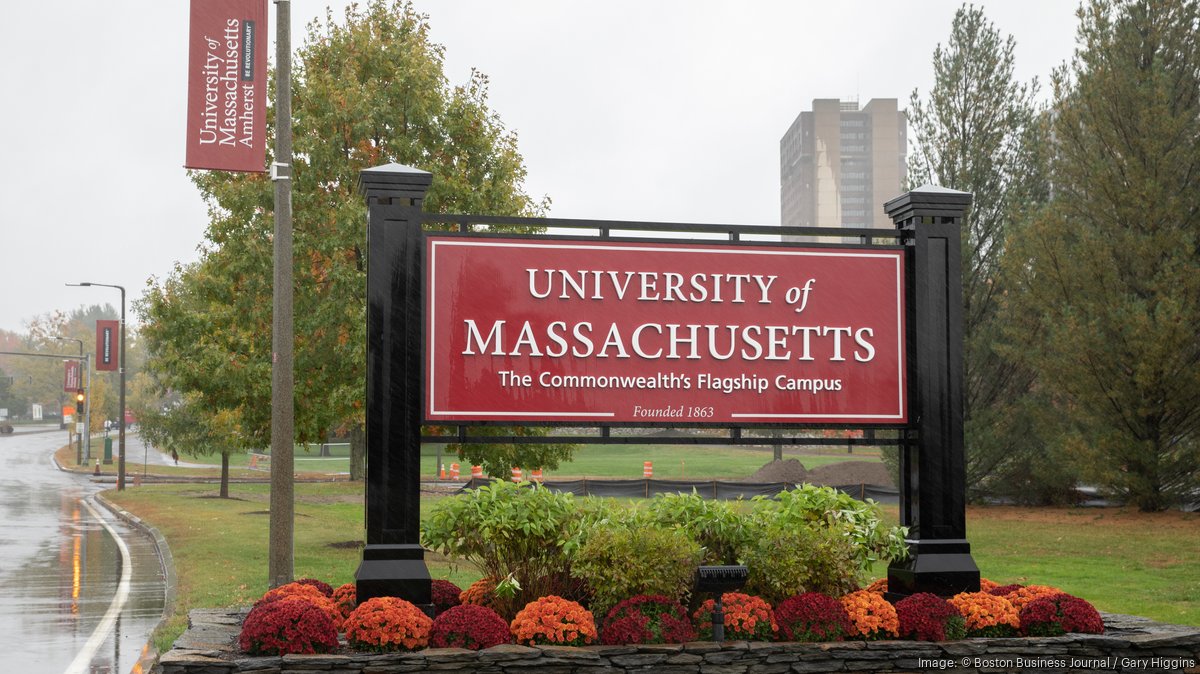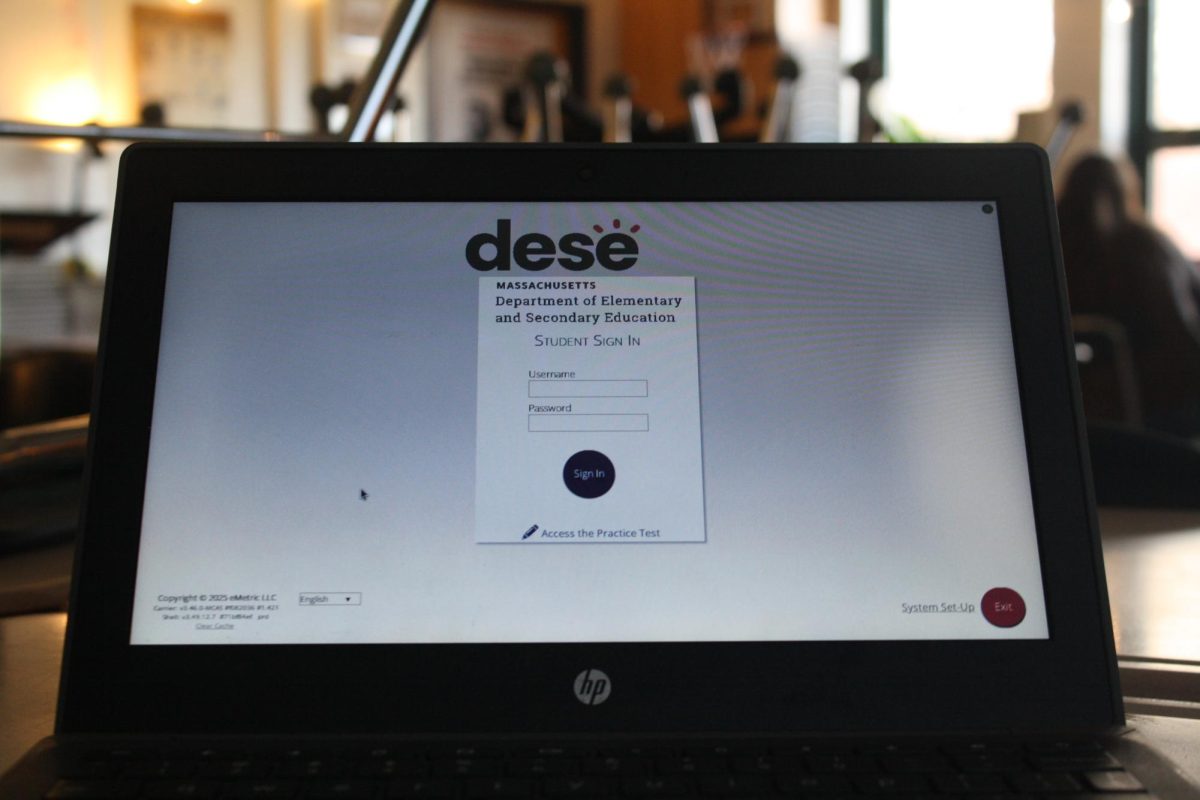In South Hadley High School, the finals can be avoided if a student is efficient and completes all of their work throughout the entire year. This motivates a lot of students to do good in their classes so that they can skip an entire week of school if all their grades are above a 93. It adds an entire week to their summer and this motivates them to complete all their assignments and do good in school to keep their grade up.
A student at South Hadley High School, Matt Gillis, explained his thoughts about the current policy by stating “If they ever change the policy it will completely disincentivize students and nobody is gonna want to do their work anymore to keep their grade up, all they’re gonna try to do is get a passing grade.” This shows how big of a motivation it is to skip finals. The whole reason that students have straight A’s is to skip an entire week of tests at the end of the school year.
Teachers at South Hadley High School have different opinions about the finals policy. Most teachers were in favor of forcing all students to take the finals. Coach Benoit said “I believe that all students should take the finals because it teaches them how to take final exams for their futures like college and jobs.” He argues that the finals will teach the students how to take final exams so that they understand what they have to do when an important exam comes up in their lives in the future. This preparation could benefit the students a lot if they practice now in high school instead of not practicing at all.
Many students in South Hadley high school believe that the current policy is very fair towards students. If students prove that they learned the curriculum throughout the year by getting A’s in their classes, they should be rewarded for working hard throughout the year by not taking the finals. Students that don’t work hard throughout the year that don’t have A’s in their classes should take the finals because they haven’t put forth the effort in their classes to prove they understand the curriculum. Brady Denniston, a sophomore, had this to say:
“The policy works,” Denniston testified. “It’s an incentive for students to work more diligently and productively, while also limiting grading for teachers late in the year. I think of it as a win-win.” The policy works well for the students and teachers, by preventing A students from doing more work than they need to as well as not making the teachers grade the finals at the end of the year. If the policy is effective and works well for students and the teachers, there would be no reason to change it.





